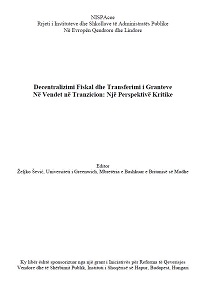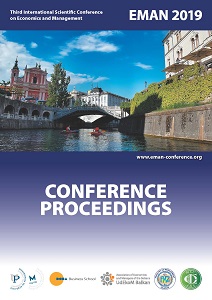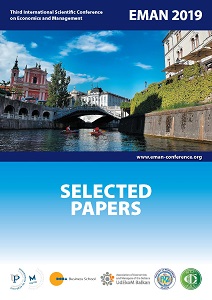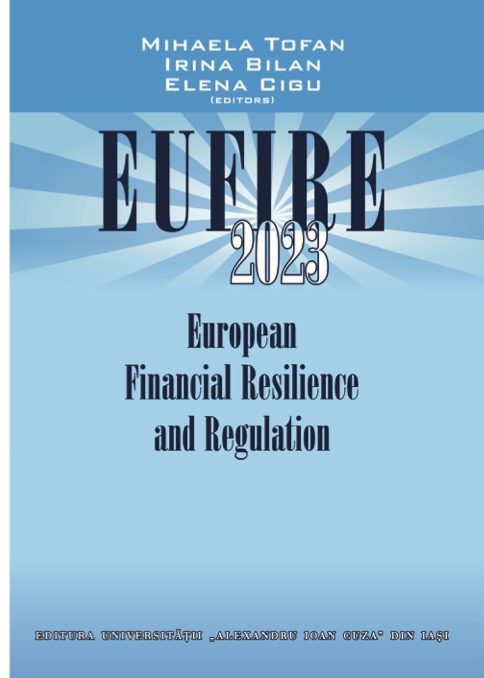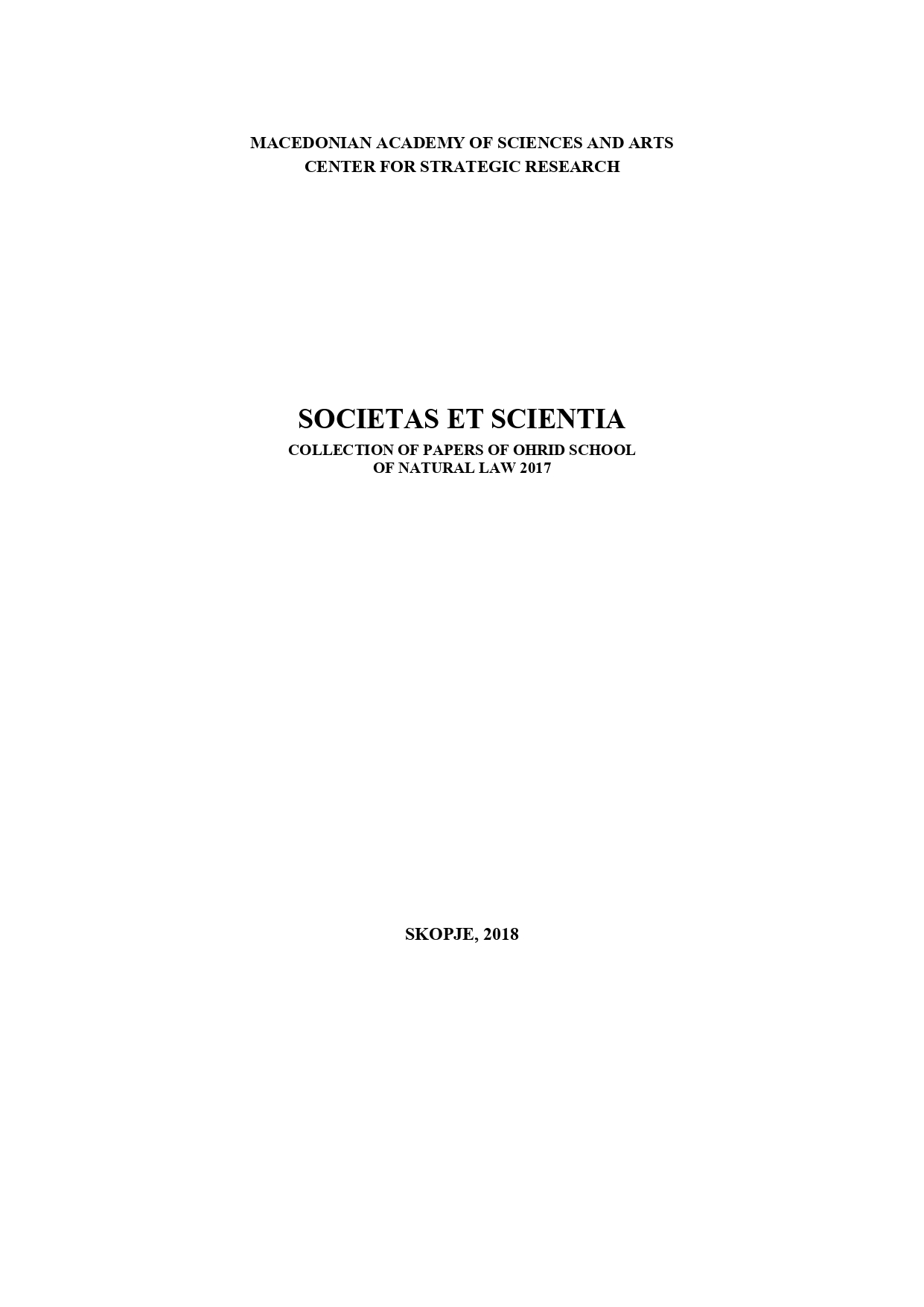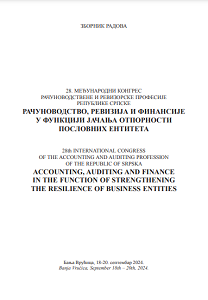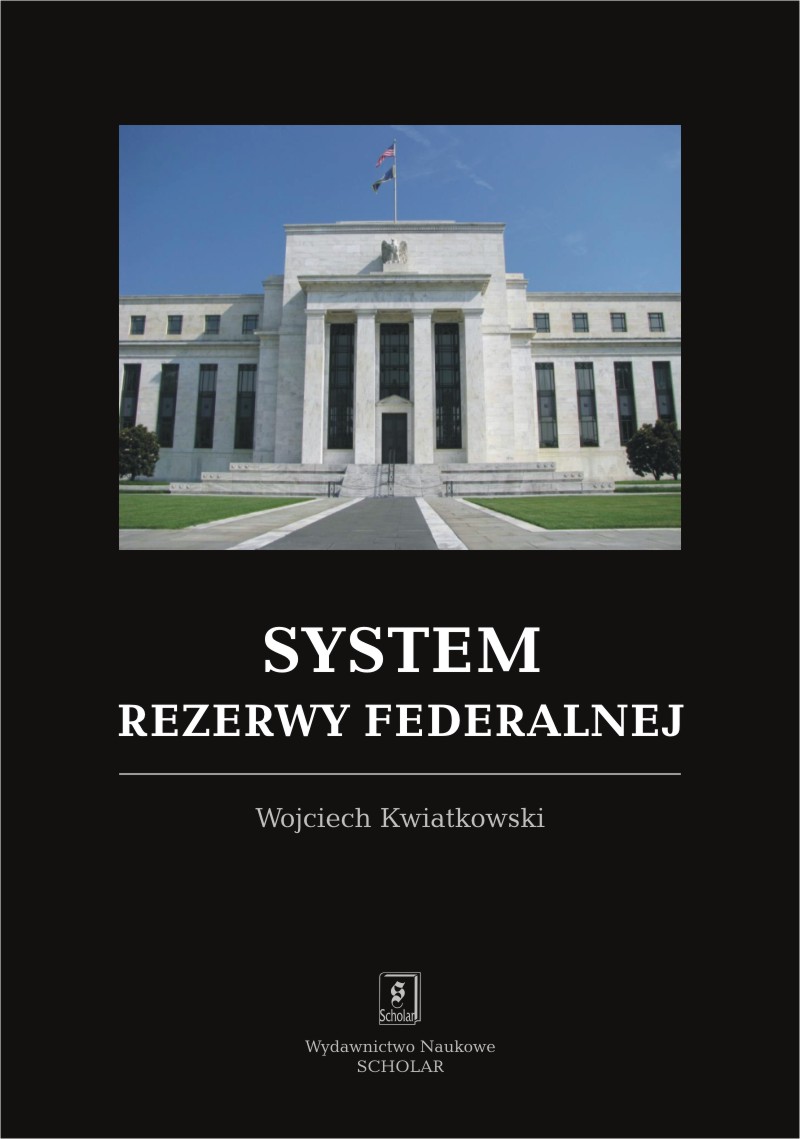
SYSTEM REZERWY FEDERALNEJ
Jest to pierwsza w literaturze polskiej książka, w której omówiono w sposób systematyczny kluczowe zagadnienia związane z funkcjonowaniem banku centralnego Stanów Zjednoczonych tj. Systemu Rezerwy Federalnej. Autor przedstawia historię tworzenia banku, jego strukturę organizacyjną, cele i zadania oraz sposoby ich realizacji, a także mechanizmy podejmowania decyzji przez jego organy i zakres ich autonomii w strukturze władzy USA. Książka przynosi wiedzę pozwalającą odrzucić istniejące w sferze publicznej i często bezkrytycznie przyjmowane (także w Polsce) teorie spiskowe dotyczące powstania i funkcjonowania Systemu Rezerwy Federalnej. Ich żywotność wynika zarówno z nieznajomości tego z jakimi kwestiami bank centralny USA musi zmagać się na co dzień w realiach amerykańskich, ale też z niezwykle złożonego systemu polityczno-prawnego Stanów Zjednoczonych.
More...
